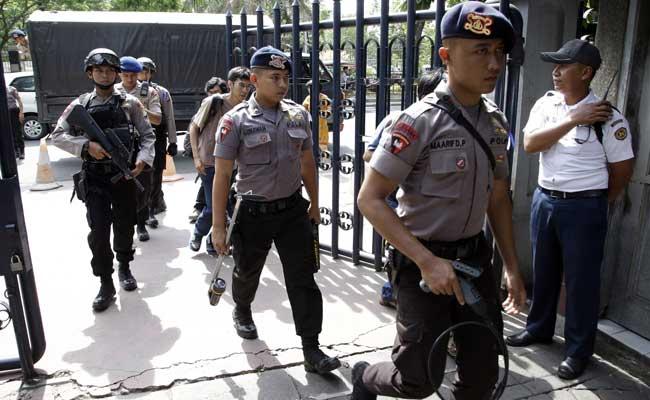In the complex tapestry of Indonesia’s legal landscape, where customary Sharia law intersects with modern judicial systems, a recent sentencing in Aceh province has once again thrust the practice of public corporal punishment into the global spotlight. Two men, their identities obscured by the weight of societal judgment, found themselves at the center of a controversial legal proceeding that would see them subjected to a punishment as old as it is indeed stark—public caning for alleged sexual misconduct. In a stark display of Sharia law enforcement, two men faced public punishment in Aceh province, underscoring the region’s strict interpretation of Islamic regulations. The northwestern Indonesian province, known for its conservative religious practices, implemented corporal punishment that drew international attention and raised questions about human rights.
Witnesses reported the men receiving lashes in front of a crowd, their punishment carried out by an official executioner wielding a rattan cane.The public nature of the punishment serves as both a legal consequence and a social deterrent, reflecting deeply entrenched cultural norms within the community.
Aceh remains the only Indonesian province authorized to fully implement Sharia law, a privilege granted through special autonomy regulations following a decades-long separatist conflict. The legal system here operates differently from Indonesia’s national judicial framework, allowing for more stringent religious-based punishments.
The specific sexual acts that prompted the sentencing were not extensively detailed, maintaining a level of discretion typical in such proceedings. Public caning has been a consistent method of punishment for various infractions deemed morally inappropriate, including homosexual behavior, adultery, and other acts considered violations of Islamic principles.
Local authorities emphasized that the punishment adheres to established legal protocols within the province’s regulatory system. Each lash is carefully administered under medical supervision, with specific guidelines governing the execution to prevent severe physical harm.
Human rights organizations have consistently criticized these practices,arguing they constitute cruel and unusual punishment. International watchdog groups frequently highlight the disproportionate impact on marginalized communities, notably LGBTQ+ individuals.
The incident reflects ongoing tensions between traditional religious interpretations and modern human rights standards. While Aceh maintains its unique legal framework, the broader Indonesian national government continues to navigate the complex balance between regional autonomy and contemporary legal norms.Provincial officials defend the practice as a cultural and religious prerogative, maintaining that public caning serves both punitive and rehabilitative purposes within their social context. The punishment aims to deter future transgressions while providing a publicly visible mechanism of social correction.
This latest enforcement of Sharia law underscores the continuing complexity of legal and cultural dynamics in Indonesia, a nation renowned for its religious diversity and evolving societal norms. The public caning serves as a potent reminder of the enduring influence of traditional religious interpretations in certain regions.




